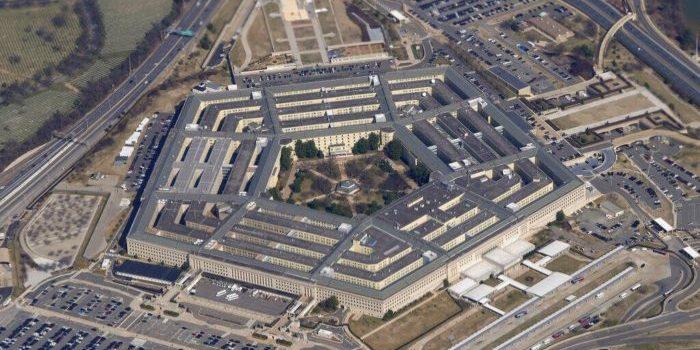(The Pentagon has missed half of its deadlines to respond to requests from a Congressional watchdog in the last six months.
A report from the Government Accountability Office, the investigative arm of Congress, found that the Department of Defense submitted about half of its agency comments and sensitivity or security reviews after deadlines set by the watchdog.
Before the GAO issues reports, it sends them to the audited agencies for review and comment. For reports that contain sensitive or classified information, the Government Accountability Office also ask the agency to let it know what can or cannot be released publicly.
Congress included a provision in the James M. Inhofe National Defense Authorization Act for Fiscal Year 2023 that requires the Government Accountability Office to report every 6 months over a 2-year period on the extent to which the Pentagon submitted agency comments and security reviews in a timely manner.
The Government Accountability Office’s first report found a lot of missed deadlines.
Usually, the Department of Defense has 30 days to respond. From Dec. 23, 2022, to May 15, 2023, the Department of Defense took 34 days, on average, to submit agency comments. For half of the reports, the Department of Defense took an additional 16 days, on average, to submit agency comments. For one report, the Department of Defense took 71 days to provide its comments.
“In some cases, [the Government Accountability Office] granted DOD an extension to the deadline for submitting comments or reviews, but DOD did not meet the extension for about half of those reports,” according to the report.
“For one report, DOD requested multiple extensions but did not meet any of the new deadlines; as a result, GAO took the unusual step of issuing the report without agency comments.”
The Department of Defense said it takes the watchdog’s deadlines seriously, but meeting them was often difficult because of Government Accountability Office polices and procedures.
“There are several factors that contributed to the DoD’s 50% timeliness rate for responses to GAO draft reports and sensitivity/security reviews, including: the time it takes to coordinate responses across the various components across the Department, impact of day to day staffing demands in Primary Action Offices, and the limited bandwidth of DoD personnel and senior leaders,” wrote Silvana Rubino-Hallman, the DOD’s deputy performance improvement officer, in response to the report.
“GAO’s processes for handling classified and non-public information in their reports continues to be a large contributing cause to the Department’s tardiness in sensitivity and security reviews,” Rubino-Hallman claimed.
“When a review is required during the draft report phase, the Department often finds the reports are issued without any portion markings to identify classified national security information in accordance with requirements for derivative classification,” she added.
Rubino-Hallman cited other clerical issues that also had led to delays for the Defense Department.
“In addition to portion marking concerns, GAO does not consistently provide detailed lists of source documents, which help ensure accurate markings and is also a requirement for derivative classifiers,” she wrote.
“Without these two elements, the sensitivity and security review processes require broad coordination and an extensive amount of research for DoD components.”
Despite the claims, the Pentagon’s own bookkeeping has come under fire in previous GAO releases, suggesting that it may be less than eager to come under scrutiny as the department appears to be funneling unauthorized military aid to Ukraine by overvaluing the cost of its equipment.
On at least two occasions, such clerical “mistakes” have allowed the Pentagon to send billions more than the approved amount of earmarked funding to help fight the proxy war with Russia, even as it depletes resources needed for America’s own self-defense.

